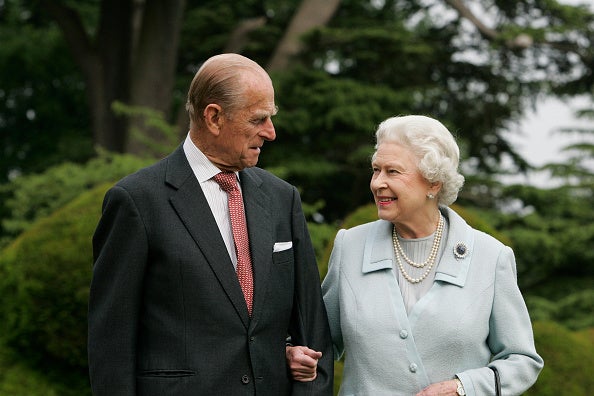Mea Culpa: Gaza may be under siege but that does not make it an enclave
Questions of language and style in last week’s Independent, reviewed by John Rentoul


We often refer to Gaza as an enclave, even when talking about the Rafah border crossing with Egypt, which ought to make it clear that it isn’t one. As Roger Thetford pointed out, an enclave is a territory that is completely surrounded by another territory. There are such things as coastal enclaves, surrounded by the sea on one side and another country on the other, but the Gaza Strip isn’t one of those, because it borders Egypt at one end.
Quite often, we call it “the besieged enclave”. As is so often the case in Israel-Palestine, words matter. Calling it an enclave implies that it is completely surrounded by Israel, and therefore that Israel has sole responsibility for its state of siege; whereas Egypt does have some responsibility too.
Accidental pun: In an article on Tuesday about Matthew Perry, we commented on his guest appearances in three episodes of The West Wing, which could have pointed towards a different future as an actor in (more) serious drama. We said: “In the wake of his death, it’s hard not to lament the career he could have had.” I don’t think we intended the funereal meaning of “wake”, but Henry Peacock thought it a fine play on words regardless.
Cost-benefit analysis: On our business pages we said that “all four banking giants said higher borrowing costs had helped them generate more income from mortgages and loans throughout the year”. We meant higher costs for their borrowers rather than for the banks, and should have said “higher interest rates” instead.
In the same article, we referred to “the Treasury Committee, comprised of a group of cross-party MPs”. We meant “composed of” – or we could have said, if we really wanted to use the word, “a cross-party group of MPs comprising the Treasury Committee”.
The Queen and I: Last weekend one of our columnists wrote: “Whenever me and my husband come across an obscure word…” This is common conversational usage, but there are readers who regard it as a double error, and it is better not to distract them even if you think they are snobs.
The test for “me” in a group is to remove the rest of the group, in which case it becomes “whenever me come across an obscure word”. So that should be “I”. Then the convention is that you list yourself last, so it should be “my husband and I”, even if you do end up sounding like the Queen.
Not so fast: In a survey of readers’ views on fireworks, we said: “Not everyone felt Bonfire Night celebrations should be reigned in.” Thanks to Paul Edwards for spotting this pedants’ favourite. The original metaphor is from riding, and the use of reins to restrain the horse. But because the analogy is obscure, we often use the more familiar word “reign”, assuming that it is something to do with the curbing of monarchical power.
Counting back: I rather enjoyed John Harrison’s complaint about our “news in brief” item about a crash on the M4. It said: “Four cars and an HGV were involved in the collision on the eastbound carriageway between junction 17 for Chippenham and junction 18 for Bath.”
John pointed out that the eastbound carriageway runs from junction 18 to junction 17, “so for anyone not familiar with the geography it is unhelpful, and for anyone who is familiar it is irritating”. Quite right. We should have had the courage to list the junctions in reverse numerical order.
Join our commenting forum
Join thought-provoking conversations, follow other Independent readers and see their replies
Comments
Bookmark popover
Removed from bookmarks